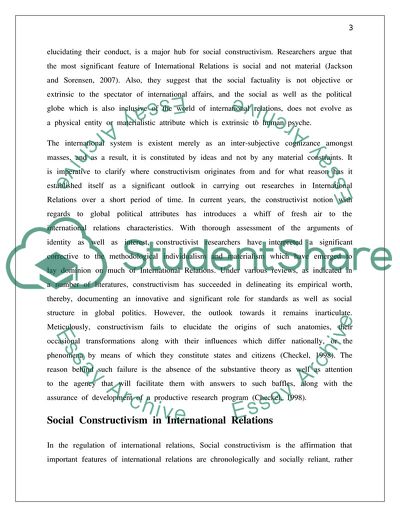Cite this document
(“To what extent does Social Constructivism offer New Avenues for Essay”, n.d.)
To what extent does Social Constructivism offer New Avenues for Essay. Retrieved from https://studentshare.org/sociology/1559373-to-what-extent-does-social-constructivism-offer-new-avenues-for-theoretical-and-methodological-research-in-international-relations
To what extent does Social Constructivism offer New Avenues for Essay. Retrieved from https://studentshare.org/sociology/1559373-to-what-extent-does-social-constructivism-offer-new-avenues-for-theoretical-and-methodological-research-in-international-relations
(To What Extent Does Social Constructivism Offer New Avenues for Essay)
To What Extent Does Social Constructivism Offer New Avenues for Essay. https://studentshare.org/sociology/1559373-to-what-extent-does-social-constructivism-offer-new-avenues-for-theoretical-and-methodological-research-in-international-relations.
To What Extent Does Social Constructivism Offer New Avenues for Essay. https://studentshare.org/sociology/1559373-to-what-extent-does-social-constructivism-offer-new-avenues-for-theoretical-and-methodological-research-in-international-relations.
“To What Extent Does Social Constructivism Offer New Avenues for Essay”, n.d. https://studentshare.org/sociology/1559373-to-what-extent-does-social-constructivism-offer-new-avenues-for-theoretical-and-methodological-research-in-international-relations.


